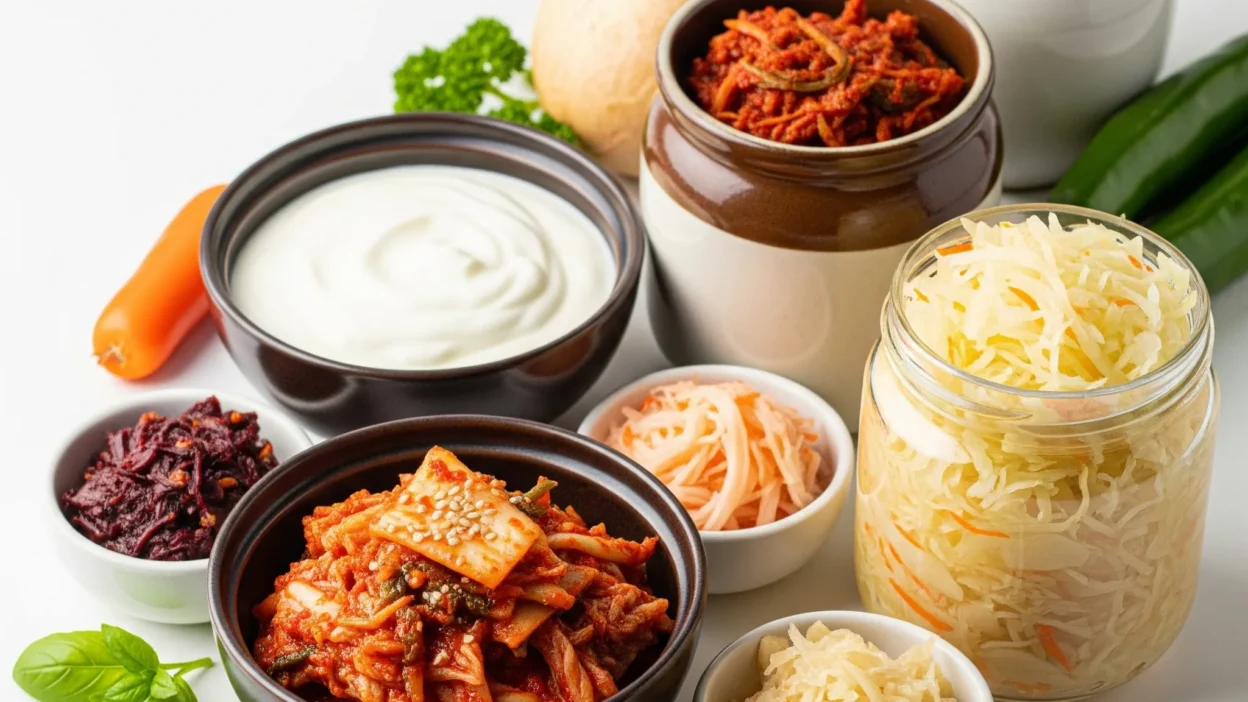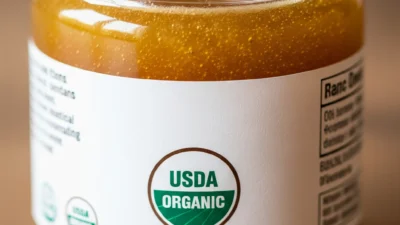In the quest for optimal well-being, the spotlight often falls on gut health. It’s a fascinating and complex area, and at its heart are two terms frequently heard but sometimes misunderstood: probiotics vs. prebiotics. These essential components play distinct yet complementary roles in maintaining a thriving digestive system. This guide will unravel the mystery, explaining what each is, how they work, and why they are crucial for your overall health, from digestion to immunity.
What Are Probiotics? The Live Benefactors
Probiotics are live microorganisms, often referred to as “good” or “beneficial” bacteria, that confer a health benefit to their host when administered in adequate amounts. Think of them as tiny, helpful residents that add to the existing population of beneficial bacteria in your gut.
These microscopic allies are vital for maintaining a balanced bacterial community within your gastrointestinal (GI) tract. They work by enhancing the epithelial barrier, promoting microbial adherence to the intestinal lining, and actively suppressing the adhesion and growth of harmful pathogens.
The benefits of probiotics extend far beyond just digestion. They can significantly boost your immune system by augmenting the generation of antibodies and immunological cells, helping your body combat illnesses. Recent studies also suggest that probiotics may assist in regulating weight and blood glucose levels, influencing metabolism and insulin sensitivity.
Common Probiotic Sources: You can find probiotics naturally in many fermented foods. These include:
- Yogurt
- Kefir
- Sauerkraut
- Pickles
- Miso
- Tempeh
- Kimchi
- Sourdough bread
- Some cheeses
The most commonly used probiotic strains belong to the Lactobacillus and Bifidobacterium species.
What Are Prebiotics? The Nourishment for Good Bacteria
While probiotics introduce beneficial bacteria, prebiotics act as their food source. They are non-digestible fibers that pass through your digestive system largely intact, reaching the colon where they selectively promote the growth and activity of beneficial gut bacteria. In essence, prebiotics feed your existing good bacteria, helping them flourish and multiply.
These specialized fibers are crucial for maintaining a healthy gut environment. By stimulating the growth of beneficial microbes, prebiotics contribute to a balanced gut microbiome, which is fundamental for overall digestive health.
Common Prebiotic Sources: Prebiotics are abundant in many fruits, vegetables, and whole grains. Look for them in:
- Mushrooms
- Artichokes
- Onions
- Asparagus
- Cabbage
- Apples
- Bananas
- Chickpeas
- Oats
- Wheat bread
Incorporating fiber-rich foods like these is an excellent way to naturally boost your prebiotic intake.
The Synergy: Understanding Synbiotics
When probiotics and prebiotics are combined, they form what is known as “synbiotics.” This formulation is designed to enhance the effectiveness of probiotics by improving their viability and stability, while also inhibiting the growth of pathogenic strains. Think of it as a dynamic duo: the probiotics are the beneficial bacteria, and the prebiotics are the specialized fuel that helps them thrive and do their job even better.
Incorporating Probiotics and Prebiotics into Your Diet
The best way to integrate these beneficial substances into your diet is through food. Start by gradually incorporating a couple of pre- or probiotic-rich foods into your daily meals. For instance, adding yogurt to your breakfast or including more fiber-rich fruits and vegetables can make a significant difference.
However, it’s important to be mindful of your intake. Consuming too much of either prebiotics or probiotics, especially through supplements, can sometimes lead to an overgrowth of bacteria or uncomfortable gastrointestinal symptoms like gas, bloating, diarrhea, or constipation.
Regarding supplements, current studies on their efficacy are often inconclusive, and many products, including popular ones like kombucha, are not consistently regulated. Therefore, healthcare professionals generally advise caution when considering supplements and recommend reviewing any major dietary changes with your doctor.
Beyond Probiotics vs. Prebiotics: A Holistic Approach to Gut Health
While understanding probiotics vs. prebiotics is crucial, true gut health stems from a broader, holistic approach. Diet is the most effective way to restore and maintain your gut’s balance. This means prioritizing a healthy, balanced diet rich in fruits, vegetables, and whole grains, while actively limiting processed foods and added sugars.
A diet high in fiber, for example, not only provides prebiotics but also promotes satiety, regulates appetite, and can improve insulin sensitivity and lipid levels, all of which contribute to weight management and a healthier gut microbiome.
Beyond diet, several lifestyle factors profoundly influence your gut health:
- Lowering Stress Levels: Chronic stress can negatively impact your gut microbiome.
- Getting Enough Sleep: Adequate rest supports overall bodily functions, including digestion.
- Staying Hydrated: Proper hydration is essential for digestive regularity and nutrient absorption.
For more insights into how your diet impacts your overall health, consider exploring our article on Dietary Strategies for Managing Diseases.

Conclusion
The distinction between probiotics vs. prebiotics is fundamental to understanding gut health. Probiotics introduce beneficial bacteria, while prebiotics nourish them, creating a harmonious internal environment. By focusing on a balanced diet rich in whole foods, incorporating diverse sources of both, and adopting healthy lifestyle habits, you can significantly support your digestive system and, by extension, your entire body. Remember, your gut microbiome is unique, so listening to your body and consulting with a healthcare provider for personalized advice is always a wise step. Prioritizing your gut health is a powerful investment in your long-term vitality.





